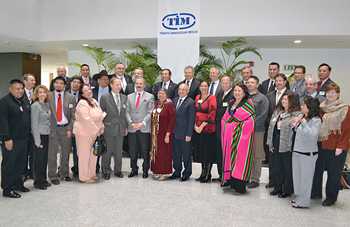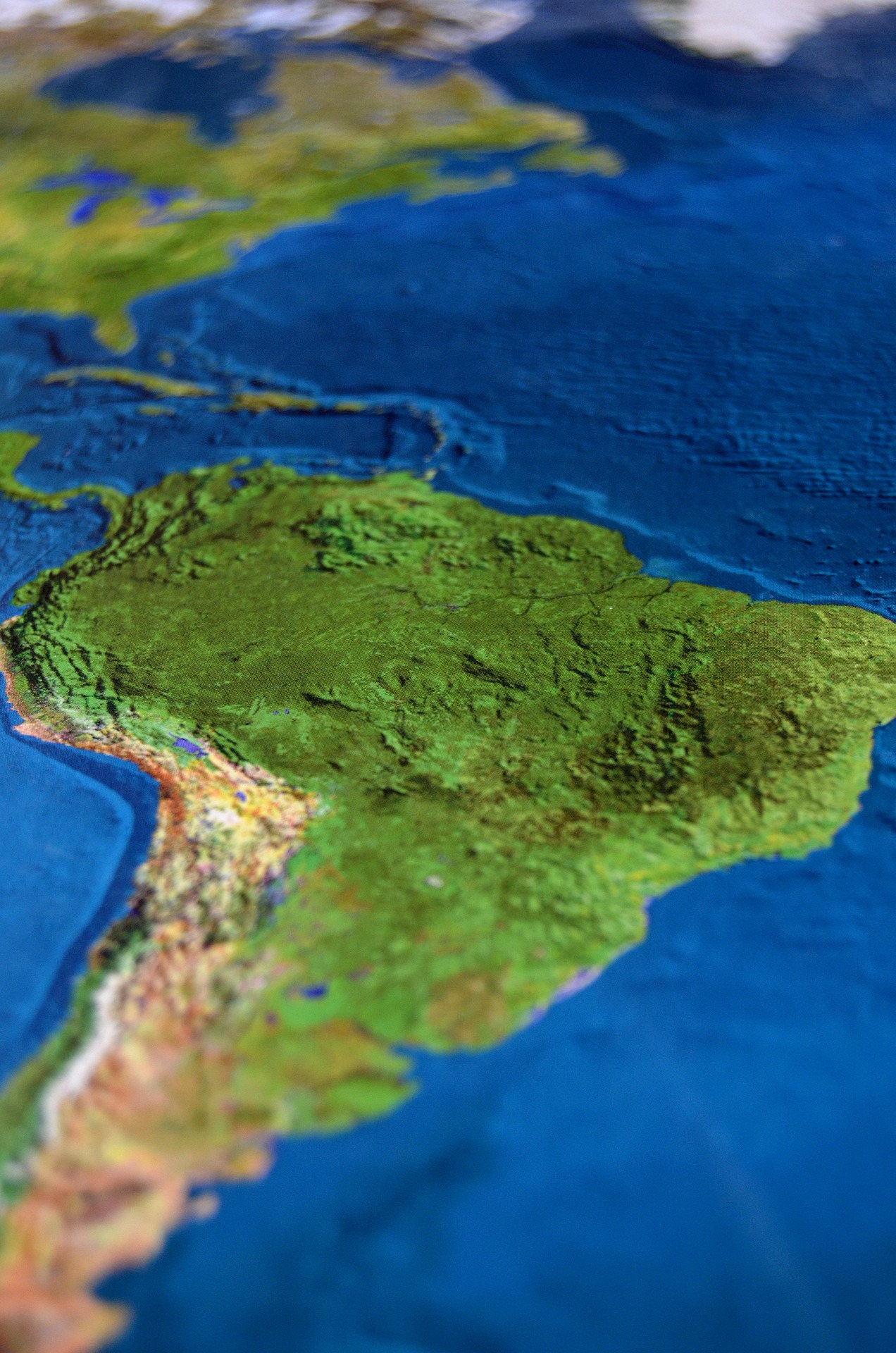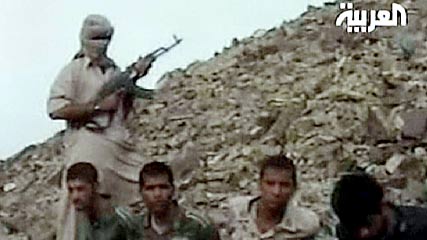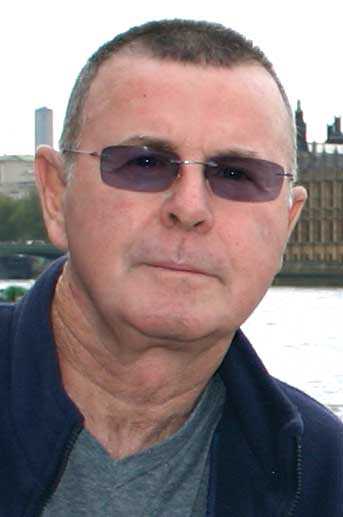Dilma Rousseff’s run-off victory in Brazil’s presidential election on Oct. 31 marks the beginning of a new era for Latin America’s biggest nation.
Luiz Inácio Lula da Silva, known as Lula in Brazil, steps down after eight years in power. His presence in Brazilian politics is as old as Brazil’s democracy itself: The former union leader has participated in every direct presidential election since democratization in the late 1980s. Lula became president on his fourth attempt, in 2002, and shaped Brazilian politics like no other in recent decades.
Under Lula’s watch, Brazil-Turkey political and economic ties have flourished, and cooperation has strengthened. Petrobras, Brazil’s oil giant, has begun collaborating with the Turkish Petroleum Corporation (TPAO) in the Black Sea, and Turkish companies are increasingly eyeing the Brazilian market. In addition, Lula and Turkish Prime Minister Recep Tayyip Erdoğan have both agreed on the necessity to challenge existing geopolitical paradigms and involve new players to address global challenges more effectively. Last year, Lula was the first Brazilian president to visit Turkey, and a year later, Erdoğan accepted Lula’s invitation to visit Brazil.
Yet Lula’s successor, Dilma Rousseff, an uninspiring technocrat, is unlikely to focus on foreign affairs as much and may neglect it altogether as she faces formidable domestic challenges, such as urgent tax and pension reform. Brazil and Turkey are important allies in their quest to redesign global governance structures and assume more responsibility, and Erdoğan must be more proactive and reach out to Brazil’s future president if he wants to prevent relations falling back to the low level of the early ‘90s.
Ties between Turkey and Brazil have traditionally been insignificant, largely due to geographical remoteness. Turkey’s and Brazil’s respective challenges were simply too different for a serious dialogue to emerge. After the end of the Cold War, as globalization picked up, both countries sought to diversify their economic and political relations and began to identify each other as potential partners. Turkey’s Süleyman Demirel came to Brazil in 1995, which was the first official visit to Brazil by a Turkish president in history.
Since then, bilateral ties have grown steadily, and trade between the two more than quadrupled since the turn of the century. One of the most promising possibilities for collaboration presents itself in the energy sector. Turkey hopes that the hydrocarbon reserves beneath the Black Sea might meet its growing energy requirements and reduce its dependence on imports, and Brazil’s Petrobras offers one of the world’s most sophisticated offshore drilling technologies. In 2006, Turkey and Brazil signed an agreement for the exploration of oil in the Black Sea, and Petrobras has invested several hundred million dollars since then in Turkey. In the same year, the Turkish-Brazilian Business Council was established on the occasion of the visit to Brazil of the then-minister of foreign affairs, Abdullah Gül.
In addition to economics, both countries’ geostrategic position is similar in that both Turkey and Brazil are emerging but not yet well integrated into international structures. Brazil’s and Turkey’s collaboration on dealing with Iran’s nuclear ambitions may have been lambasted by the international community, but the situation showed that current structures are not conducive toward positively influencing Iran, and that there is a dearth of actors willing to assume international leadership.
In its project to pursue an independent foreign policy, Brazil can be one of Turkey’s long-term partners, and it is necessary to find ways to institutionalize ties so that they can be sustained even if one of the countries’ leaders is tied down in domestic political projects, as may be the case with Brazil’s new president, Rousseff.
While the Brazilian-Turkish friendship has blossomed in the past eight years, there is still upward potential to strengthen it further. One possible way to do so could be to integrate Turkey into IBSA, a trilateral alliance of India, Brazil and South Africa, which serves as a platform to exchange knowledge on a vast array of topics ranging from HIV treatment and poverty reduction to agricultural technology. Turkey is certainly the most advanced of the four, but it has a lot in common with the other three. They are all stable liberal democracies in the midst of regions that are politically unstable at times. They are all “rising stars” in the global economy.
Finally, they are all willing to assume much-needed regional leadership and thus play a crucial role in the promotion of peace, economic development and human rights. In a world where an increasing number of national leaders look to China as an economic and political model to copy, Turkey and Brazil provide powerful counterexamples that political freedom is no obstacle to economic growth. Both countries must make use of their legitimacy more frequently by, for example, jointly calling on Zimbabwe’s dictator Robert Mugabe to respect the unity government with Morgan Tsvangirai.
Brazil-Turkey ties are likely to provide significant mutual benefits in the economic realm. In addition, they share a common vision about how to democratize the existing structures of global governance. Collaboration in these projects seems indispensable to assure success. With Mr. Lula gone, Turkey needs to assume leadership and continue to strengthen the Brazilian-Turkish friendship.
*Oliver Stuenkel is a visiting professor of International Relations at the University of São Paulo and a fellow at the Global Public Policy Institute in Berlin.
11 November 2010, Thursday
OLIVER STUENKEL TODAY’S ZAMAN
 In his remarks, Caglayan promised the attendees that they would not find better business partners than the Turks. He in turn extolled the benefits of pursuing business partnerships with Native American tribes, highlighting their status as sovereign nations and their independence in creating foreign policy.
In his remarks, Caglayan promised the attendees that they would not find better business partners than the Turks. He in turn extolled the benefits of pursuing business partnerships with Native American tribes, highlighting their status as sovereign nations and their independence in creating foreign policy.




